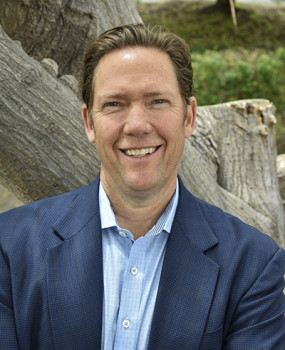
Philip Michael Harrison - Private Wealth Advisor, Ameriprise Financial Services, LLC
Reviews Summary
About This Listing
Who Can Work with a CPA?
*Note: CPAs may specialize in different areas. Be sure to check credentials and service offerings.*
First-Time Clients
If this is your first time working with a CPA, don’t worry — most professionals offer a free consultation and will walk you through what to expect. You may be asked to complete an intake form, share financial documents, or set clear goals for your session.
What to Know Upfront:
*Note: Every CPA operates a bit differently. Don’t hesitate to ask questions before committing.*
What to Bring
*Tip: Organize your documents in advance to save time and ensure accuracy.*
Preparing for Your Appointment
*Note: Preparation helps you make the most of your CPA’s expertise.*
How to Get Started
Other Helpful Info
*Note: Every CPA is different — take time to find one who fits your goals and style.*
Features
Contact Information
Address
12636 High Bluff Dr #400
San Diego, California 92130
Phone
+1 858-956-0600Hours
Customer Reviews
Philip has been my financial advisor for several years. He and his staff have always kept me informed, explaining details, and the reasoning behind financial decisions. I would not be able to enjoy my current lifestyle if it weren't for Philip?s expertise. He is very personable and is excellent at determining what is best for his clients. His staff is also outstanding and responds quickly to any and all inquiries. I trust them all completely and would not hesitate to recommend them to anyone needing f
I started working with Philip when I was young, single and concerned about my future financial security. Everything seemed initimidating to a novice like me, but Philip had the knowledge and patience to guide me through the decision-making process and implement a plan. Decades later, I can say that choosing to work with Philip was one of the smartest decisions I have ever made. Philip and his team have always exceeded my expectations - professional, but also personal and caring. They have my complete trust
Phillip Harrison has been my trusted financial advisor for over 20 years. He has provided deft guidance in creating my financial plans and selecting the right combination of investments for each stage of my life while navigating through the ups and downs of market performance. His advice was invaluable with not only the portfolio that was under his direct management but also included asking the right questions and offering recommendations comprehensively across all aspects of my finances. While I could alw
We have been working with Philip and his team at their Ameriprise practice for close to 20 years now. Obviously we are and continue to be extremely pleased with the terrific advice and services that Philip and team have provided us over the years through good times and rough times in the financial markets. Our focus has always been on building a very strong basis ultimately for retirement and Philip has done and continues to do an excellent job in helping us to achieve our goals. He doesn't try to push yo
Philip Harrison has been our Financial Advisor for approximately 15 years and we have been 100% happy with his services and those of his support staff. He provides us with a strong sense of confidence in his knowledge and ability to recommend what is most suitable for our portfolio based on our age and comfort levels. We would highly recommend Philip and his team to anyone looking for a trustworthy and knowledgable Financial Advisor. Vicki and Bill Countreman